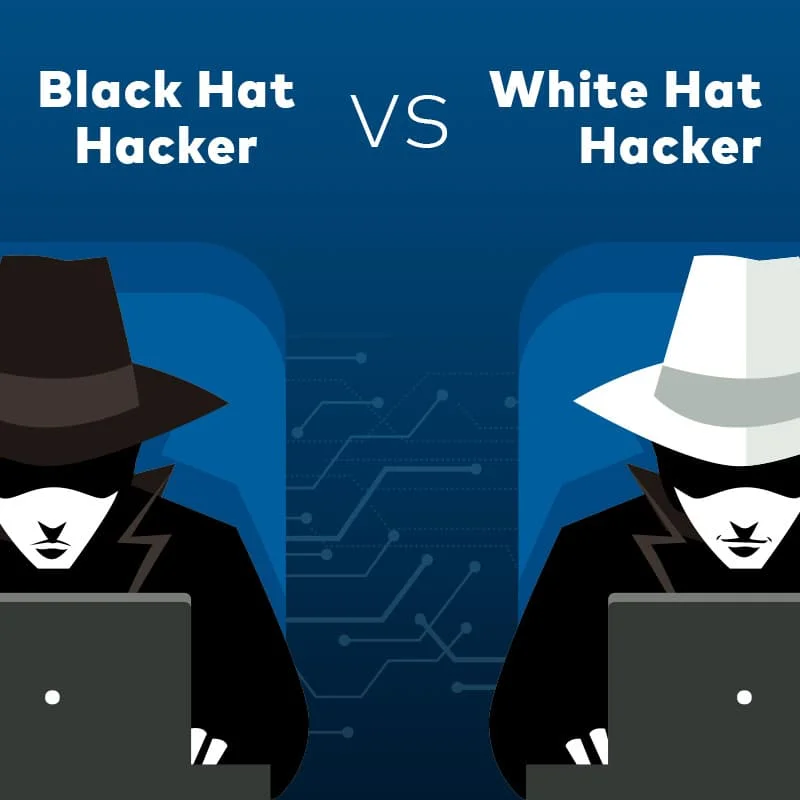Exploring the World of White Hat and Black Hat Hackers
Hii iQOO Fans
In the realm of cybersecurity, two distinct archetypes emerge: white hat hackers and black hat hackers. Understanding their differences is crucial in safeguarding digital assets and combating cyber threats.

White hat hackers, also known as ethical hackers, are the "good guys" of the cyber world. They use their hacking skills for constructive purposes, such as finding vulnerabilities in systems and networks to strengthen their security White hat hackers often work in cybersecurity firms, government agencies, or as independent consultants. Their goal is to identify weaknesses before malicious actors do, helping organizations fortify their defenses against cyber attacks. Unlike their white hat counterparts, black hat hackers operate with malicious intent. They exploit vulnerabilities in systems and networks to steal sensitive information, disrupt services, or cause harm for personal gain or malicious purposes.

Black hat hackers are typically associated with cybercrime, including activities such as identity theft, financial fraud, and ransomware attacks. They often operate in underground forums and use sophisticated techniques to evade detection.
While white hat hackers adhere to ethical standards and legal boundaries in their work, black hat hackers operate outside the law, engaging in illegal activities that can result in severe consequences, including legal prosecution and imprisonment.Gray hat hackers occupy a middle ground between white hat and black hat hackers. They may uncover vulnerabilities in systems without authorization but do not necessarily exploit them maliciously. However, their actions still raise ethical and legal concerns.

The ongoing battle between white hat and black hat hackers underscores the importance of cybersecurity in today's digital landscape. Organizations must invest in robust security measures and collaborate with ethical hackers to stay one step ahead of cyber threats.Bug bounty programs, where organizations offer rewards to white hat hackers for identifying vulnerabilities, have become increasingly popular as a proactive approach to cybersecurity. These programs incentivize ethical hacking and promote collaboration between security researchers and companies.

In conclusion, white hat hackers play a vital role in defending against cyber threats, while black hat hackers pose significant risks to cybersecurity and must be countered with robust defense strategies. By understanding the differences between these two groups, we can better protect our digital assets and mitigate cyber risks.
Thast's all for today guy's
singing off
Community Moderator
Please sign in
Login and share

























